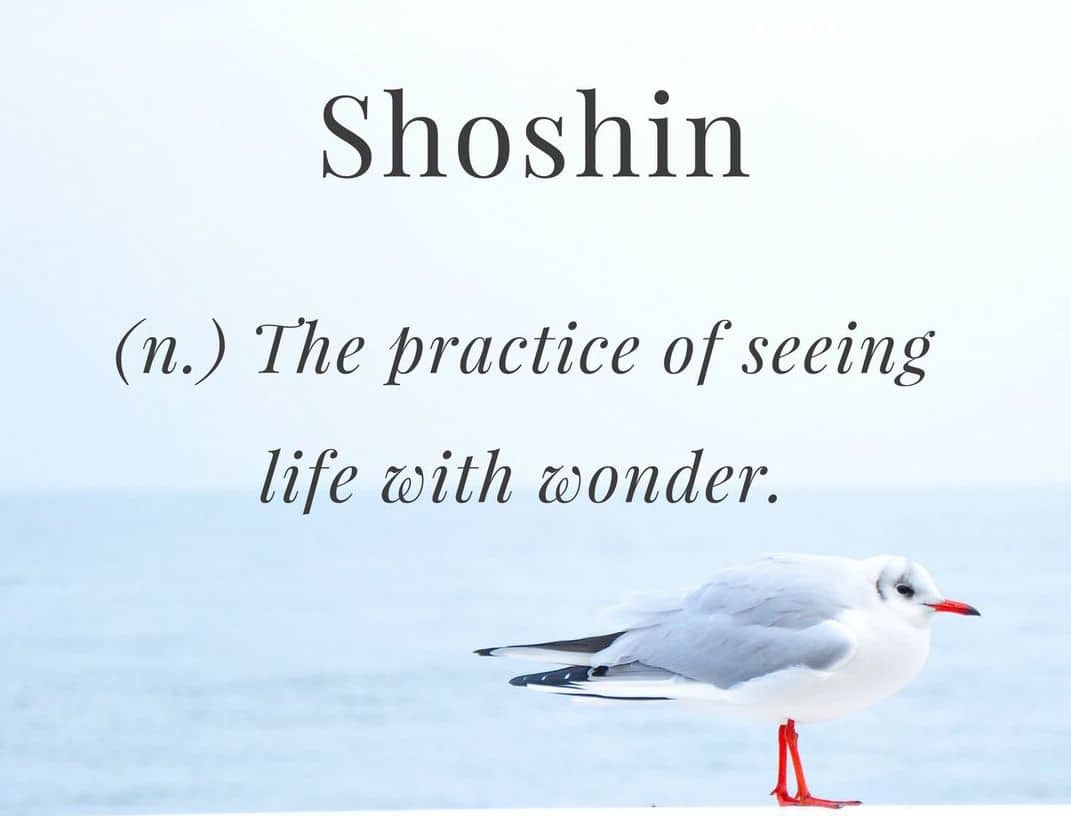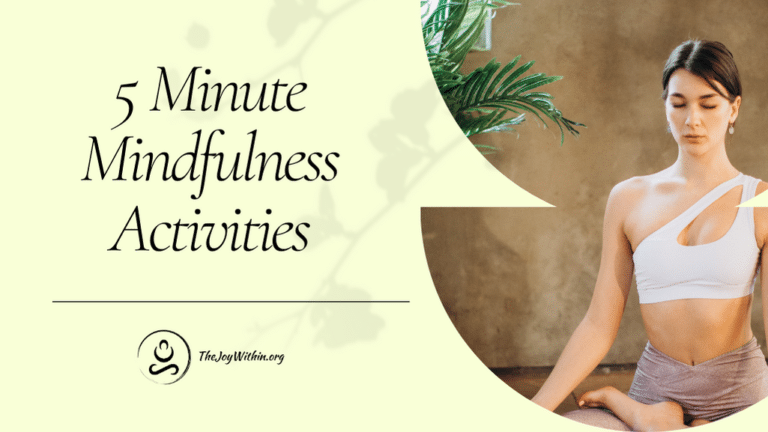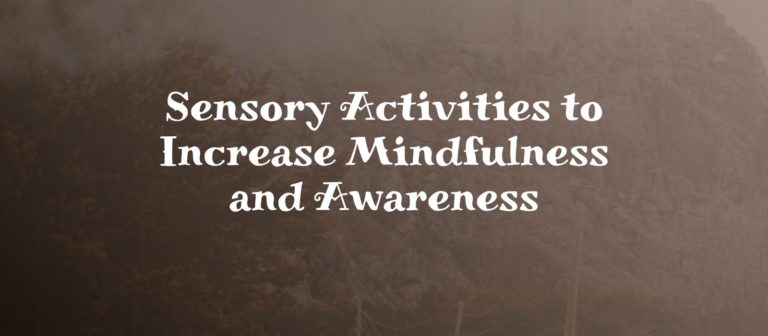Acting with a Beginner’s Mind (the Zen practice of Shoshin), means that you approach every task with an open mind, as if it were the first time you were performing that action.
This is a very powerful mindfulness habit you can develop in both your home and professional life, but you may be wondering: how do you practice a beginner’s mind at work?
When the pressure is on, can you really step back and pretend that you’re a beginner? What will your boss say???
In this post, I outline 7 tips to help you try.
But first, a clarification:
What a Beginner’s Mind Is…And What It Isn’t
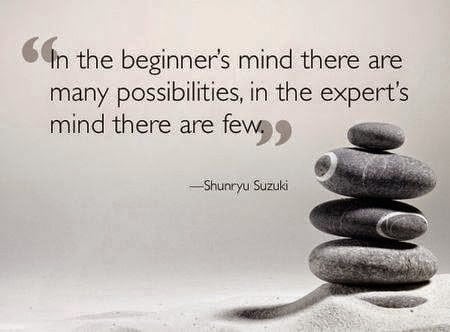
Before you start practicing a beginner’s mind, I want to clear up a couple of misconceptions many people have about this practice.
Probably the biggest misunderstanding is that developing a beginner’s mind means that you never become an expert in your field, or that you have to forego knowledge and experience that you already have in order to start something anew.
That’s simply not the case.
It is perfectly compatible to be an expert in your field AND maintain a beginner’s mind. In fact, that’s how many of the greatest minds operate, across every industry.
The key to developing a beginner’s mind lies with your perspective. It’s about how you view the world around you, and what you take away from it. I often talk about this practice as a habit of continuous renewal. You are constantly searching for new information and new strategies you can implement, that will help you achieve your goals.
Whether that’s incrementally improving your team’s performance, or engineering a new system, the following tips will help.
Tips and for Maintaining a Beginner’s Mind at the Office
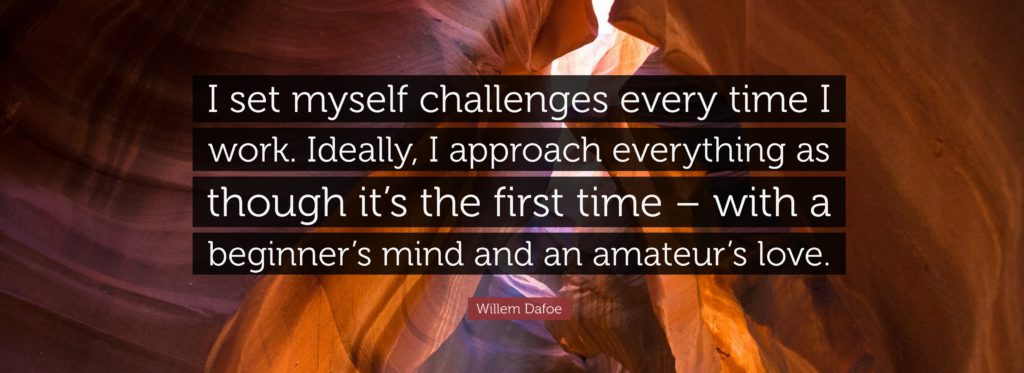
1. There Is Always Room For Improvement
The first idea to implement is to recognize that, no matter how experienced you are, there is ALWAYS room for improvement.
This philosophy is the cornerstone of any successful Zen practice, and a good reminder every time your ego jumps in telling you that you’re the best, or you should be recognized or rewarded in some way.
To develop this attitude, you can look back over your own growth, remembering how you used to feel a few years ago, and then noticing how you’ve improved since then. Acknowledging this growth retrospectively helps you to frame your potential for future progress.
2. Nothing Is Personal
Secondly, remind yourself that nothing is personal. This applies both to compliments and complaints.
Both the good and the bad are simply events that pass through you. When you feel stressed about a comment someone has made, realize that the comment is only a reflection of their attitude, and their personal development, not your own.
If you struggle with this concept, you may want to try this meditation to release negative attachments.
3. Everything Is What You Make It
Similarly, you can choose to take away whatever ideas and beliefs you want from any experience.
For example, you could choose that all negative experiences are simply tools for your own growth, and recognize them as a challenge to become more attuned to your own needs and areas for improvement.
Every time you judge, you place a belief onto your experience. Be mindful about what those beliefs are!
4. Questions Are The Key To Growth
No one can grow without taking the time to learn. This comes in the form of questions, both those that you ask of others and the ones you ask yourself.
Don’t hesitate to ask questions of your peers, even when you think you know the answer. Always lean towards clarifying, rather than assuming the answer is already known and accepted by everyone. Even small differences of opinion can lead to great new insights.
Related Posts: 15 Spiritual Questions To Ask Yourself, Right Now.
5. The Tortoise Beats The Hare
Another key principle to keep in mind is that slow, gradual improvement will trump rapid bursts, every time.
The key to success in most endeavors is to iterate your approach. Be on the lookout for small changes to your daily habits and routines, or the key tasks you do at work, in order to find small ways to get better.
Over time, these tiny changes add up into large-scale improvements.
6. Awareness Brings Peace of Mind
Of course, you cannot practice any of these ideas until you develop a higher sense of awareness.
Begin to practice stepping back throughout the day to become more mindful of your environment and the events that are unfolding. As you do, you’ll gain a new perspective, which will lead you down a path of greater ease in your day to day life, and a greater feeling of peace, joy, and fulfillment.
Try these mindfulness exercises to help develop your awareness.
7. You Do Not Know Everything, And That’s Ok
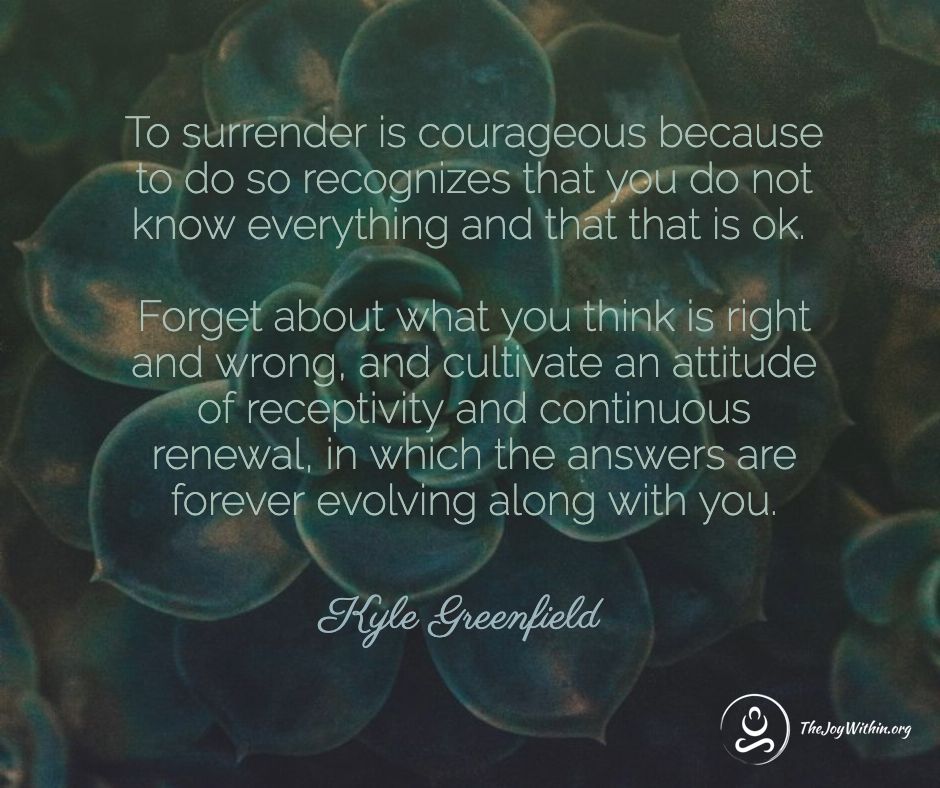
Lastly, accept that you do not know everything, and that that is ok.
This single statement holds the key to success at developing a beginner’s mind in every environment, and is also a great way to surrender to circumstances you cannot control. It helps to release attachment, suspend judgment, and simply allow the experience of life to take over.
After all, that’s what developing a beginner’s mind is all about.

